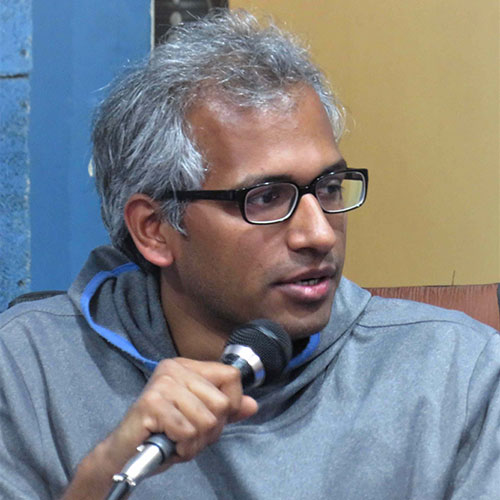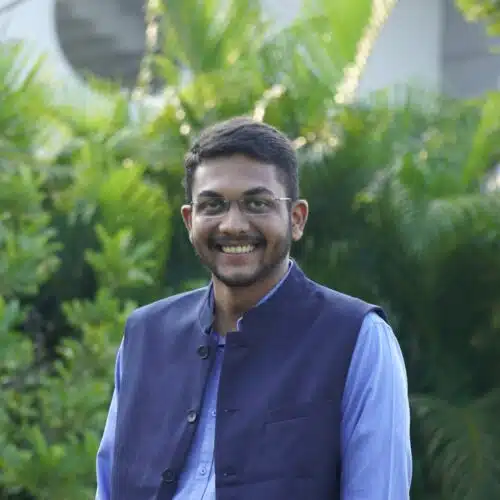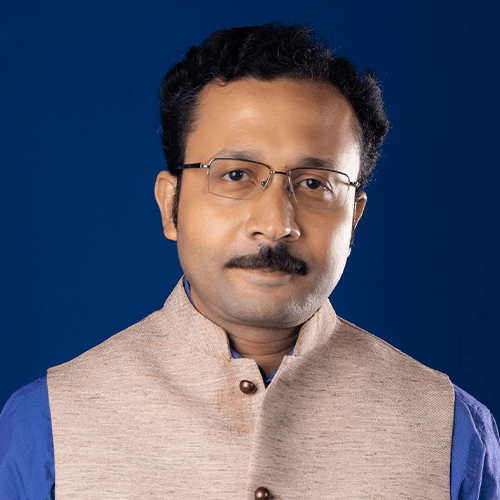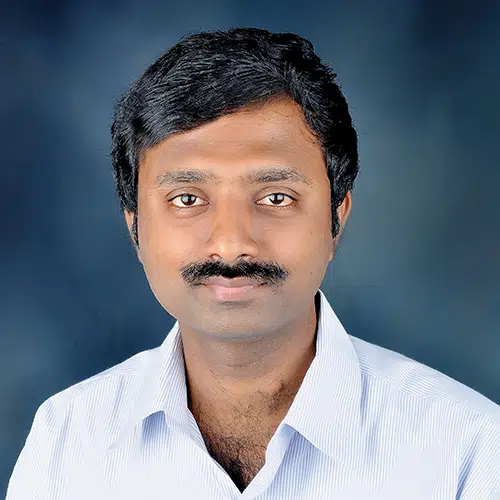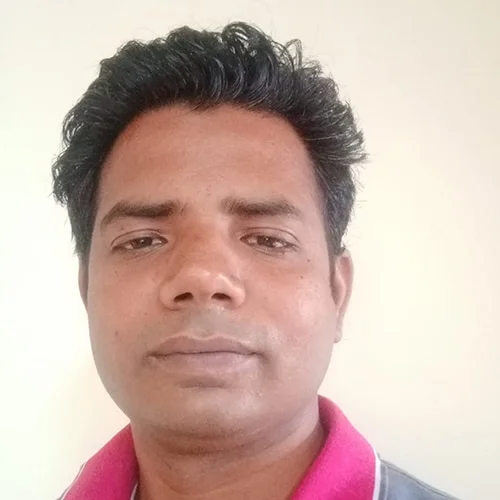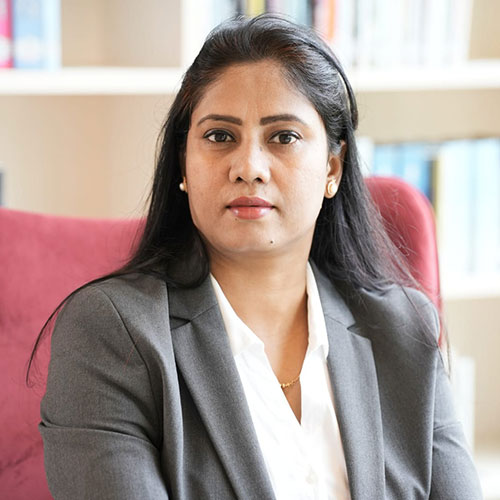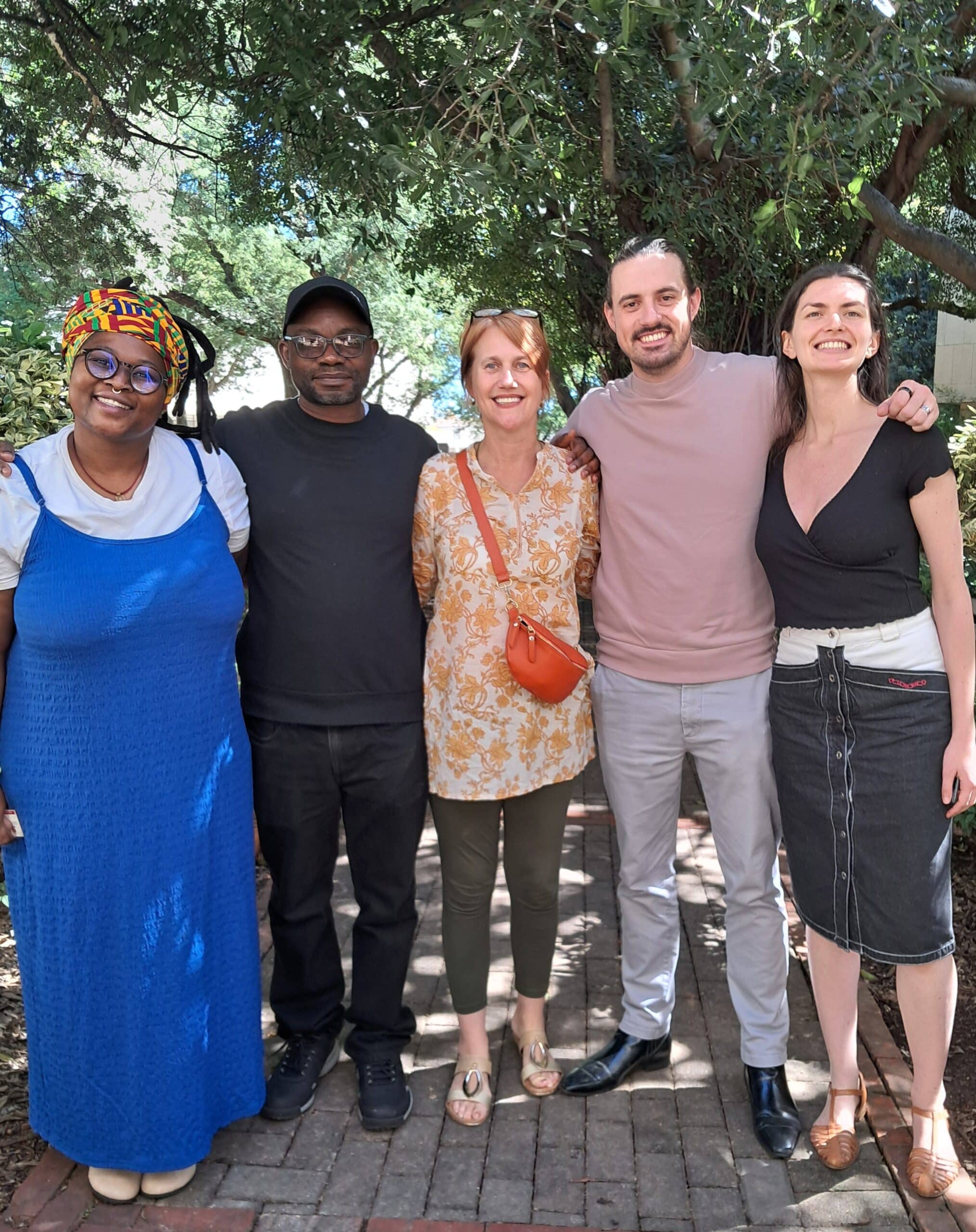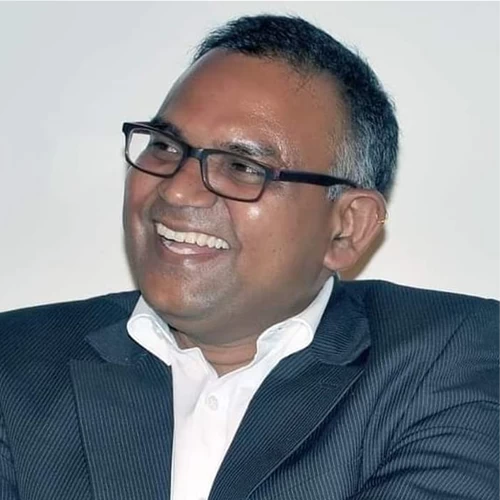An essay by Dr Sambaiah Gundimeda, Associate Professor, Politics, SIAS titled Ambedkar’s turn to Buddhism was not just rejection. It was revolution in the Frontline.
Read more
Summary of the essay
Conversion, a radical act of collective emancipation
Dr B.R. Ambedkar’s conversion to Buddhism in 1956 marked the culmination of a protracted and deliberate struggle against the caste system entrenched within Hinduism. His bold declaration at Yeola in 1935, to renounce Hinduism, represented a pivotal moment in both his political and spiritual odyssey. It stemmed from his growing realisation that Hinduism, built upon an immutable caste hierarchy, institutionalised social exclusion through its scriptures, rituals, and daily practices. For Dalits, it perpetuated a life of humiliation, subjugation, and indignity, offering no avenue for justice or true liberation.
Ambedkar firmly believed that religion should be a tool for individual empowerment, not a vehicle for oppression—a principle he found irreconcilable with Hinduism’s deeply entrenched caste structures. This harsh reality is evident even today, as illustrated by a recent incident in Tamil Nadu, where a Dalit youth was brutally attacked by caste Hindus merely for riding a Bullet motorcycle—an act seen as defying caste norms. Such incidents tragically confirm Ambedkar’s belief that Hinduism, inseparably tied to caste, is beyond reform and cannot deliver dignity or equality to Dalits.
In response to the systemic violence, subjugation, and humiliation inherent in Hinduism, Ambedkar called upon Dalits to embrace a new religious identity through conversion, viewing it as a path to genuine liberation. He found in Buddhism—with its core tenets of equality, compassion, and human dignity—a means for Dalits to reclaim their self-respect, freedom, and social recognition. For Ambedkar, conversion was not merely a spiritual act; it was a radical act of collective emancipation—a definitive break from a tradition that had long dehumanised and oppressed his people.
Yet, Ambedkar understood that conversion alone could not dismantle caste hierarchies, which persisted across religious boundaries. His vision remains profoundly relevant today, as the rise of anti-conversion laws not only threatens religious freedom but also entrenches caste-based oppression. Ambedkar’s unwavering demand for political power, economic justice, and legal protection continues to offer a critical framework for the ongoing struggle for Dalit liberation.
